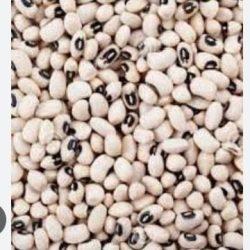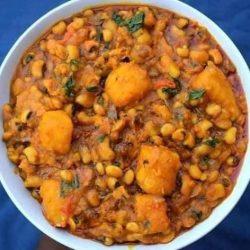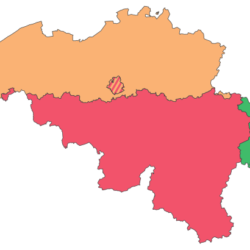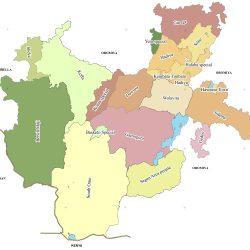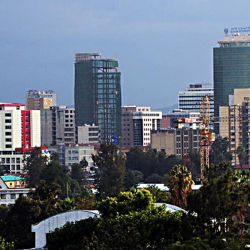When it comes to crops, understanding their breeding methods and genetic characteristics is crucial for making informed agricultural choices. Below is an explanation of Nyota beans, Tsavo 4141 maize, and GMOs to clarify their differences.
Nyota Beans: Open-Pollinated Varieties (OPVs)
Nyota beans are Open-Pollinated Varieties (OPVs), meaning their seeds are pollinated naturally by insects, wind, or through self-pollination.
Key Features:
- Natural Pollination:
- Seeds develop naturally without human intervention in the pollination process.
- Seed Reusability:
- Farmers can save and replant the seeds from Nyota beans without significant loss of genetic traits or performance.
- Genetic Stability:
- These beans maintain consistent traits across generations when grown under similar conditions.
- Not GMO or Hybrid:
- Nyota beans are neither genetically modified nor hybrid; their development involves selective breeding within the same species.
Advantages of Nyota Beans:
- Sustainable for small-scale farming.
- Cost-effective since seeds can be reused.
Tsavo 4141 Maize: Hybrid Crop
Tsavo 4141 maize is a hybrid crop, created through the traditional crossbreeding of two compatible parent plants to combine desirable traits, such as high yield or disease resistance.
Key Features:
- Crossbreeding Process:
- Developed by combining two distinct parent lines with specific traits.
- Non-GMO:
- Unlike GMOs, hybrids do not undergo genetic engineering or DNA modification at the molecular level.
- High Yield Potential:
- Hybrid vigor (heterosis) often results in higher productivity compared to OPVs.
- Seed Limitation:
- Seeds from hybrid plants are not suitable for replanting, as their genetic traits may segregate, leading to unpredictable results.
Advantages of Tsavo 4141 Maize:
- Consistently high yields.
- Resistance to certain pests and diseases.
Genetically Modified Organisms (GMOs)
A GMO crop is one whose DNA has been altered using genetic engineering techniques to introduce new traits that may not occur naturally in the species.
Key Features:
- Genetic Engineering:
- Scientists directly modify the DNA to introduce traits like herbicide tolerance or insect resistance.
- Novel Traits:
- GMOs can have traits not achievable through traditional breeding, such as resistance to specific pests or environmental conditions.
- Regulations and Controversy:
- GMOs are subject to strict regulatory oversight, but their use often sparks debates over safety, ethics, and environmental impact.
Advantages of GMOs:
- Ability to address food security challenges.
- Reduced need for chemical inputs like pesticides.
Key Differences Between OPVs, Hybrids, and GMOs
| Aspect | Nyota Beans (OPVs) | Tsavo 4141 Maize (Hybrid) | GMO Crops |
|---|---|---|---|
| Development Method | Natural pollination | Traditional crossbreeding | Genetic engineering |
| Seed Reusability | Yes, seeds can be replanted | No, seeds lose their traits | Not applicable (regulated use) |
| Genetic Modification | None | None | Yes |
| Traits Stability | Stable over generations | Traits not stable if replanted | Stable (engineered for precision) |
| Yield Potential | Moderate | High | High |
Understanding the differences between OPVs like Nyota beans, hybrids like Tsavo 4141 maize, and GMOs helps farmers make better decisions based on their farming goals and resources. Each type has its unique strengths, making them suitable for specific farming systems and market demands.



